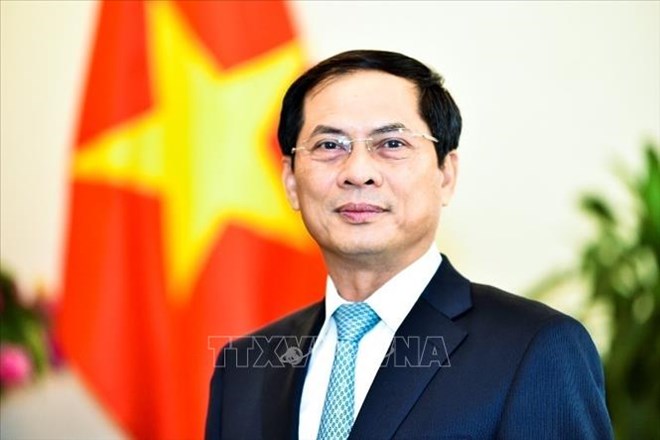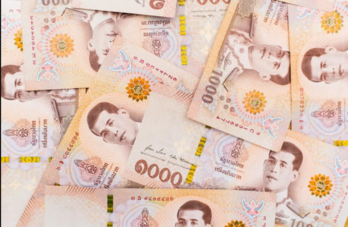
Deputy Foreign Minister Bui Thanh Son (Source: VNA)
Last year, Vietnam successfully held a lot of multilateral external events, notably the World Economic Forum on ASEAN themed “ASEAN 4.0: Entrepreneurship and the Fourth Industrial Revolution”, which drew more than 1,000 delegates, including nine heads of state and Government leaders of regional countries and over 800 leading officials from leading groups in the region and the world.
Considered the most successful regional meeting of the WEF in East Asia in 27 years, the forum put forward policy recommendations on important issues for the development and integration of ASEAN member countries and the whole region in the fourth Industrial Revolution. It also offered a chance to promote Vietnam’s image as well as its development potential to the region and the world and connect Vietnamese enterprises and others in the world, Son wrote.
The country also experienced a breakthrough in speeding up the negotiation and signing of new-generation free trade agreement (FTAs). On March 8, Vietnam and its partners signed the Comprehensive and Progressive Agreement for Trans-Pacific Partnership (CPTPP). The agreement comprises of 11 members whose gross domestic product (GDP) is totalled at around 10 trillion USD, accounting for 13 percent of the globe’s GDP. The Vietnamese National Assembly ratified the CPTPP on November 12, 2018. The country’s participation in the agreement showed its strong commitments to renewal and inclusive international integration, and aimed to boost external economy and complete the market economic institution in Vietnam, Son wrote.
He recalled Prime Minister Nguyen Xuan Phuc’s Europe tour from October 16-21, during which the European Commission adopted a decision to submit to the European Council towards the approval of the signing of the EU – Vietnam Free Trade Agreement (EVFTA) and the Investment Protection Agreement (IPA) between Vietnam and the EU. The EVFTA is expected to help increase Vietnam’s GDP by 10-15 percent and its exports to the EU by 30-40 percent in the next 10 years.
Another milestone was associated with the implementation of international economic commitments. According to Son, from now to 2030, Vietnam will basically complete the enforcement of its commitments within the framework of FTAs and other economic cooperation frameworks to which it is a member. The enforcement of international commitments proved effective, helping attract more foreign investment and raise export turnover.
In 2018, Vietnam also made a breakthrough in the promulgation and implementation of polices related to international integration, reflected through the Party Central Committee Secretariat’s issuance of Directive No.25-CT/TW on intensifying and increasing the role of multilateral external relations until 2030, and the Prime Minister’s promulgation of Directive No.26/CT-TTg on stepping up international economic integration in a more valid and effective manner. Ministries, sectors and localities also took the initiative in negotiating, participating in and taking advantages of opportunities brought by international economic commitments.
In the 2019-2020 period, Vietnam will officially carry out new-generation FTAs, including the CPTPP which came into force in the country on January 14, 2019. The country will also fulfil its commitments in many important economic cooperation frameworks such as the ASEAN-China FTA and the ASEAN-Hong Kong FTA, as well as assuming the ASEAN Chair position in 2020, Son noted.
To effectively implement international economic integration and connectivity, he suggested Vietnam promote its role as a responsible member of the international community, complete the law and policy framework in a synchronous and comprehensive manner, improve the capacity of economic integration and connection, speed up the dissemination of information about advantages and challenges brought by FTAs, and increase the efficiency of a mechanism to solve international trade disputes and trade protection./.
VNA
 IMF predicts Thai growth at 1.6% for 2026
IMF predicts Thai growth at 1.6% for 2026



